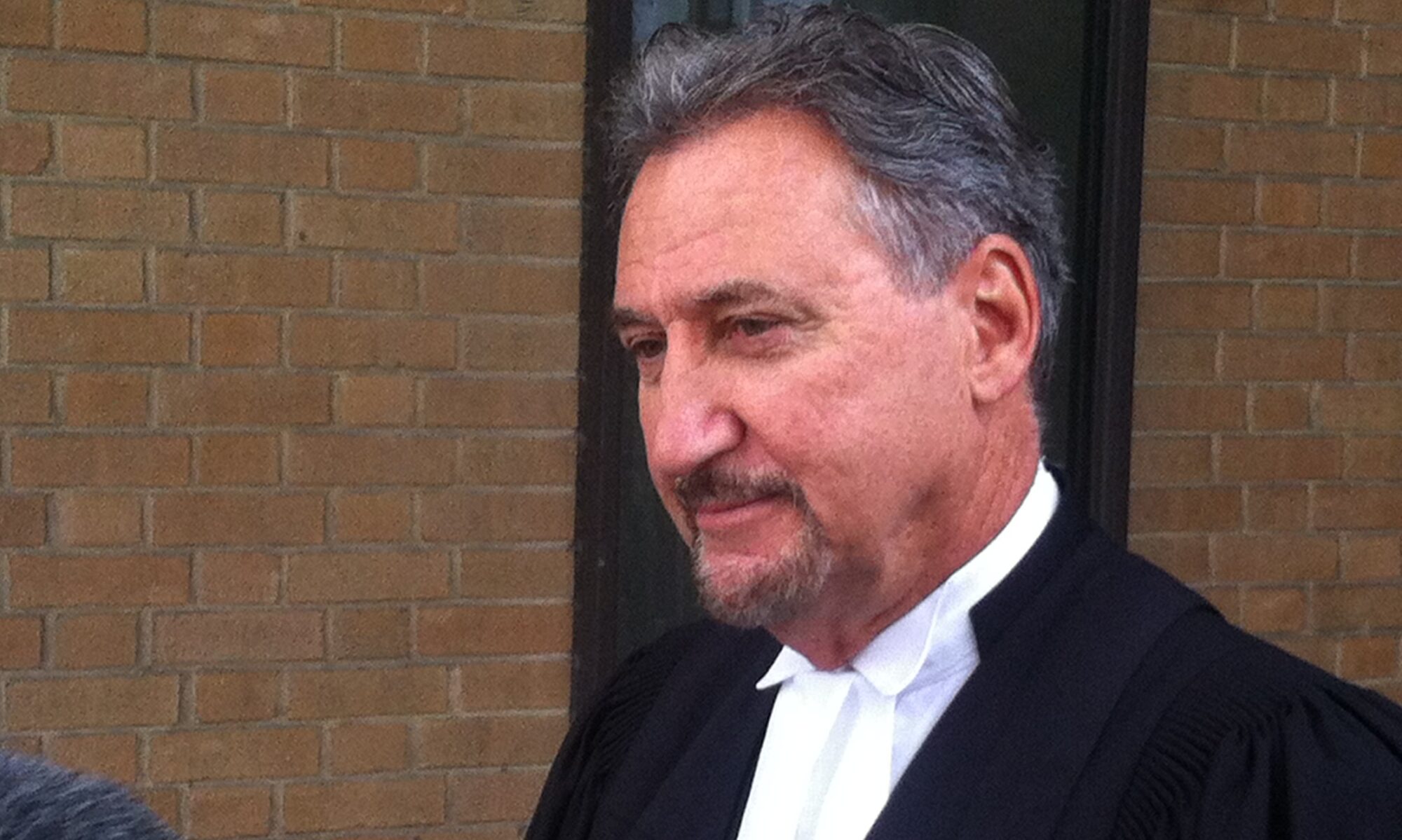Part of the right to make full answer and defence includes the right to have competent counsel assisting. When the accused has retained counsel he or she is entitled to the effective assistance of counsel. The right of effective assistance of counsel is a constitutionally protected right and an aspect of the right to make full answer and defence. In some instances an accused may be determined to represent himself at trial. The accused is, of course, entitled to represent himself. Depending on the circumstances, the court may intervene, even to the point of ordering funded counsel for the accused.
The court will consider the nature of the charge or charges. The more serious the charges and the more complex the evidence the more likely the court will insist upon the accused having the benefit of counsel. Also, the court may consider the particular circumstances of the accused. Is the accused, for example, able to afford the cost of a lawyer himself? Does the accused have the intellectual capacity, educational background and life experiences to conduct his own defence? What is the level of complexity of the case against the accused?
Depending on the circumstances the trial Judge could order the accused to hire a lawyer, or, order that a lawyer be provided to the accused funded by the government. In R. v. Rain the Alberta Court of Appeal found that the assistance of counsel was essential to ensure a fair trial, and, the Charter required the provision of funded counsel.

The above is the an excerpt of Patrick J Ducharme’s book, Canadian Criminal Procedure, available at Amazon or in bulk through MedicaLegal Publishing along with Criminal Trial Strategies.
Subscribe to Patrick Ducharme’s Youtube Channel.
